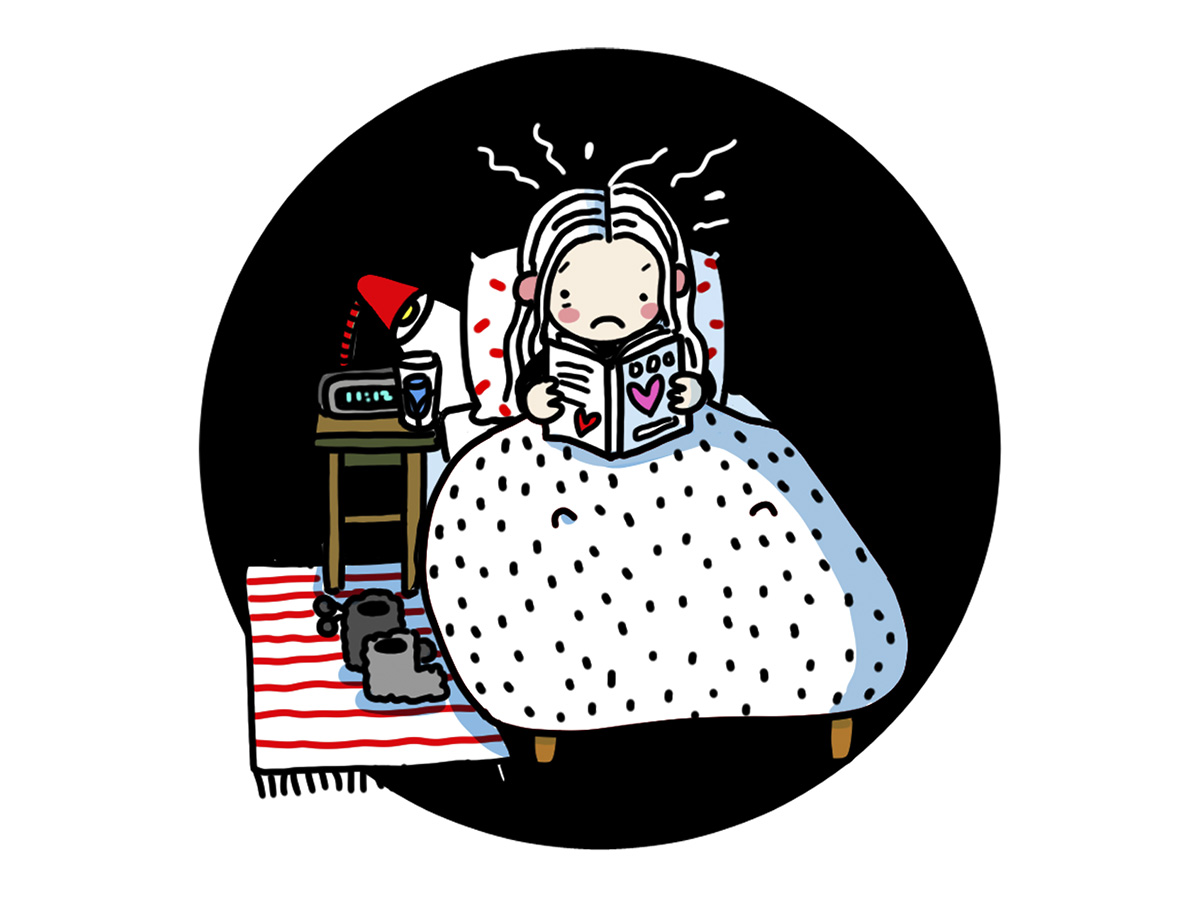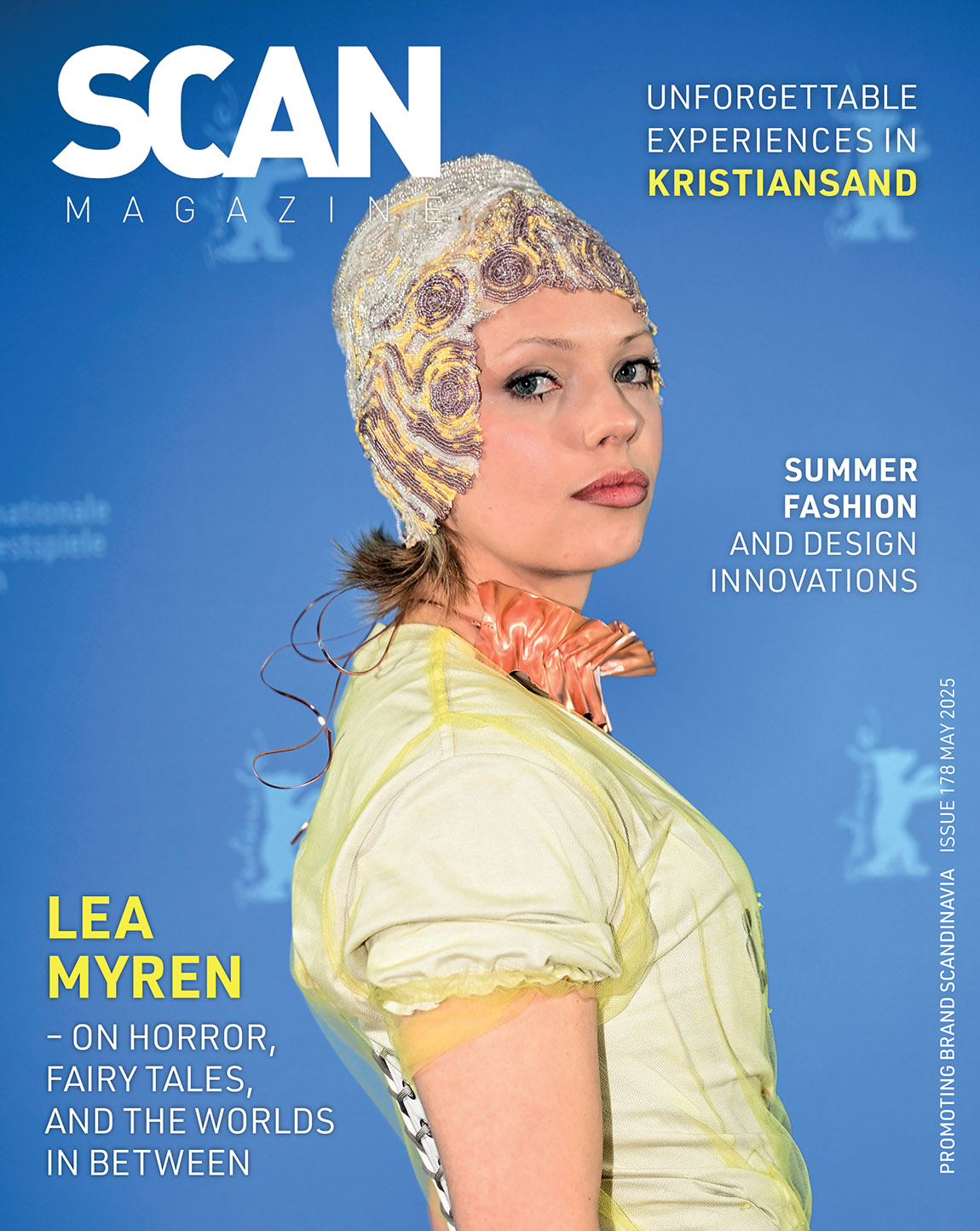Maria Smedstad: Vemod
By Maria Smedstad

Swedes love a good, Swedish feel-good novel. Especially, one set in the north, featuring solid northern characters and solid northern topics, such as poor communication, darkness, death and loneliness. If you ask yourself what these topics are doing in a feel-good novel, you’re not alone. I keep turning the pages of these books, waiting for something – anything – uplifting to happen. But it doesn’t. By the penultimate page, I may be rewarded with a bleak allusion that things ‘might get better’.
One story that I read recently was so miserable that I had to buy an English translation to give to my husband, just to share the burden. “This is the most miserable thing I’ve ever read,” claimed my husband, whose other bedside literature includes titles such as How not to be Boring, and a Stalin biography. The Swedes on the other hand view it differently. “Didn’t you get the funny bits?” my sister will ask, surprised. I think it comes down to the Swedish appreciation of ‘vemod’. Vemod roughly translates to melancholy. And Swedes can’t get enough of it. Something about relentless, angst-ridden sadness really puts them in a good mood. Perhaps it can be further demonstrated in our annual celebration of St Lucia. In choosing to commemorate a candle-clad Italian saint, who died a horrible death in a country far, far away, we highlight our ability to spot elements of optimism in dire situations. Yes, it may all be very morbid at the source, but Lucia brings light to our frozen darkness at a time when we need it most. Which is what I’ll be telling myself the next time I pick up a Swedish feel-good novel. Or perhaps I’ll stick with British crime, where at least the misery is every bit as miserable as it proclaims to be.

Subscribe to Our Newsletter
Receive our monthly newsletter by email





